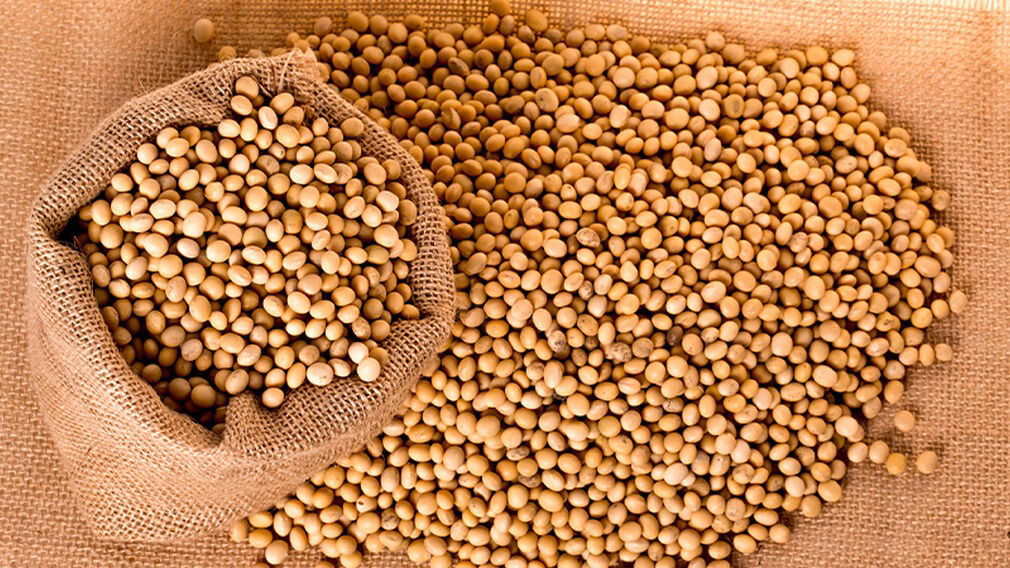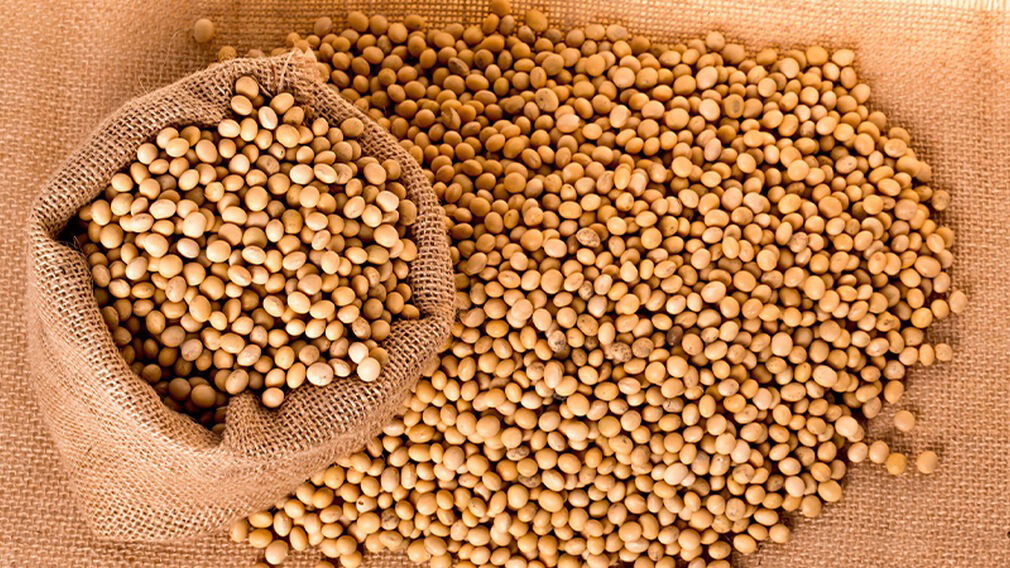
The European Commission (EC) has been urged to stop incentivising soyabean-based biofuels by non-profit organisations including the World Wide Fund for Nature (WWF), Oxfam, Birdlife and clean transport campaign group Transport & Environment (T&E).

The European Commission (EC) has been urged to stop incentivising soyabean-based biofuels by non-profit organisations including the World Wide Fund for Nature (WWF), Oxfam, Birdlife and clean transport campaign group Transport & Environment (T&E).Soyabean and palm oil have been identified as significant drivers of deforestation and forest degradation and were covered under the recently adopted EU Deforestation Regulation (EUDR), T&E wrote on 19 December.The European Parliament had already called for an immediate phase-out of both soyabean- and palm oil-based biofuels during Renewable Energy Directive (RED) negotiations, while several EU member states - including France, Denmark, Belgium and the Netherlands - had started this phase-out on their own accord, T&E said.In their letter, the 24 organisations called on the EC to ensure policy consistency and prevent the RED from acting as a loophole enabling deforestation-driving products into the EU.“All biofuels made from crops should be phased out from EU renewable energy targets, as using land for biofuel production is counterproductive in climate terms,” T&E wrote.“Soy[abean]-based biodiesel is one of the worst offenders and has been proven to emit up to twice as much CO2 as the fossil fuel diesel it is used to replace when taking into account the indirect deforestation caused by the demand for soyabean oil.”Although at the time of the report, soya and palm biofuels comprised one-third of total EU biodiesel feedstocks, they contributed two-thirds of biodiesel CO2 emissions in the EU, T&E wrote.Despite this, soya biodiesel use in the EU had increased five-fold from 2015-2022, the report said.


